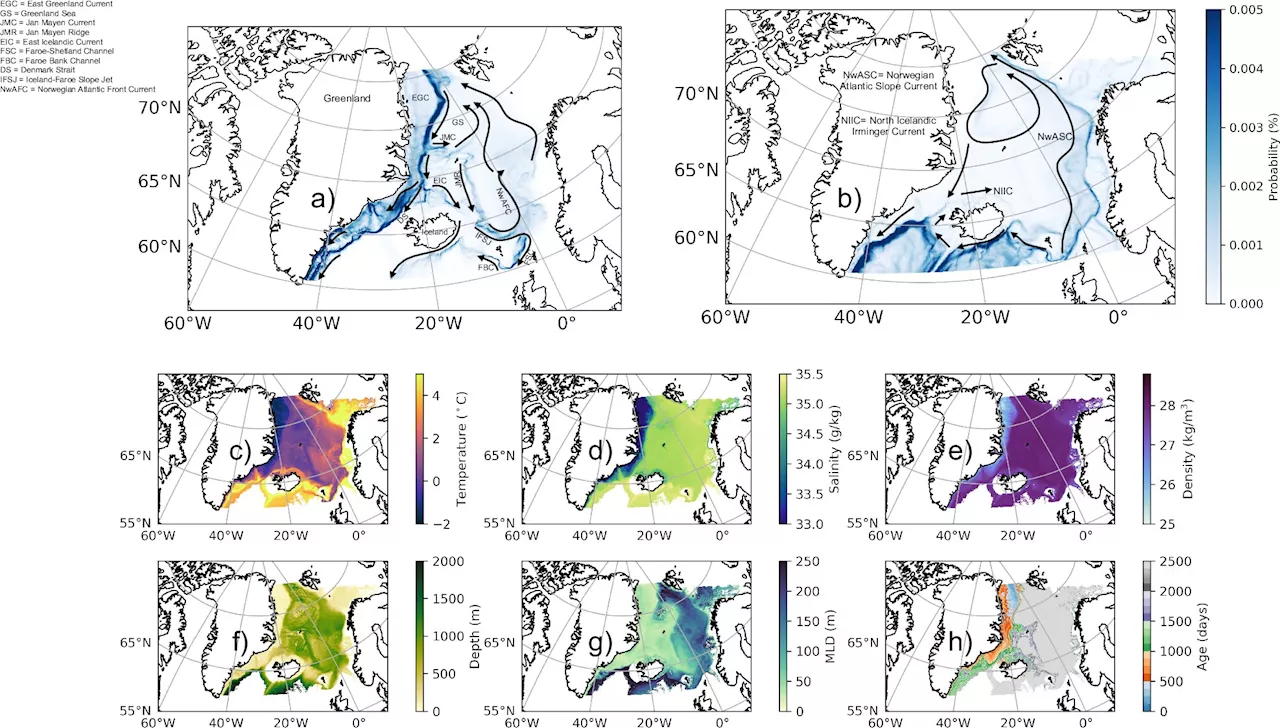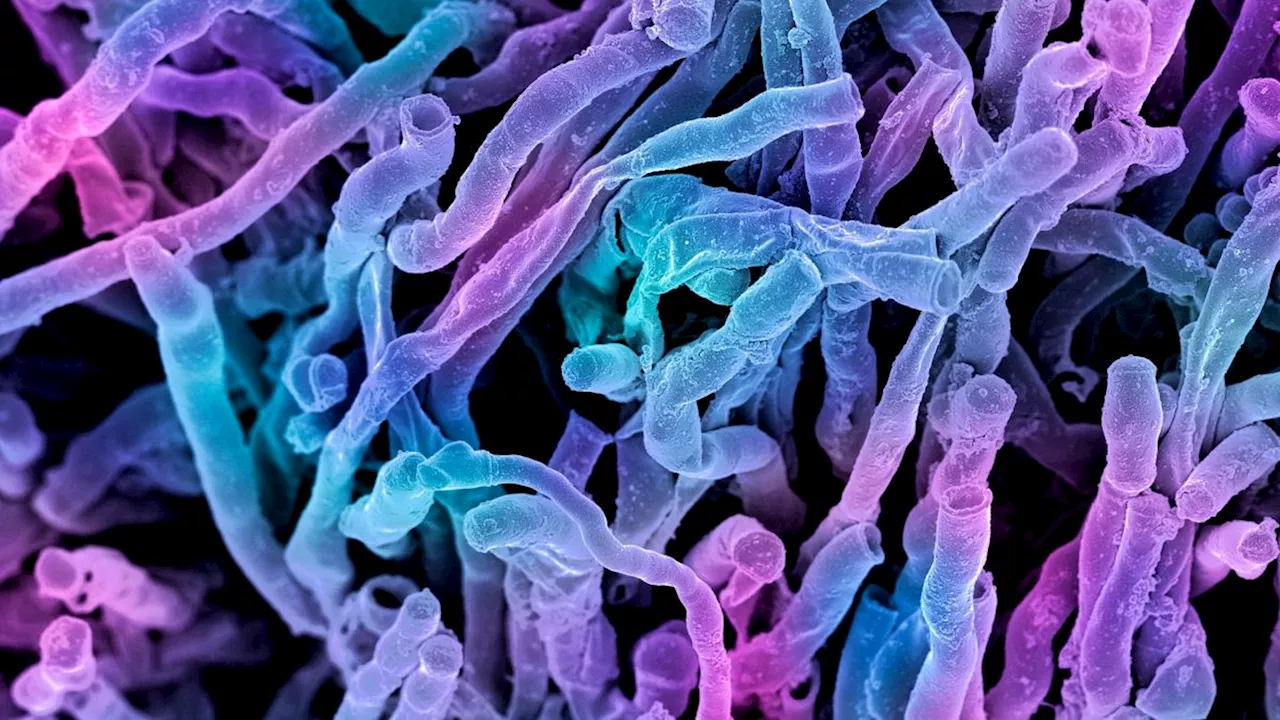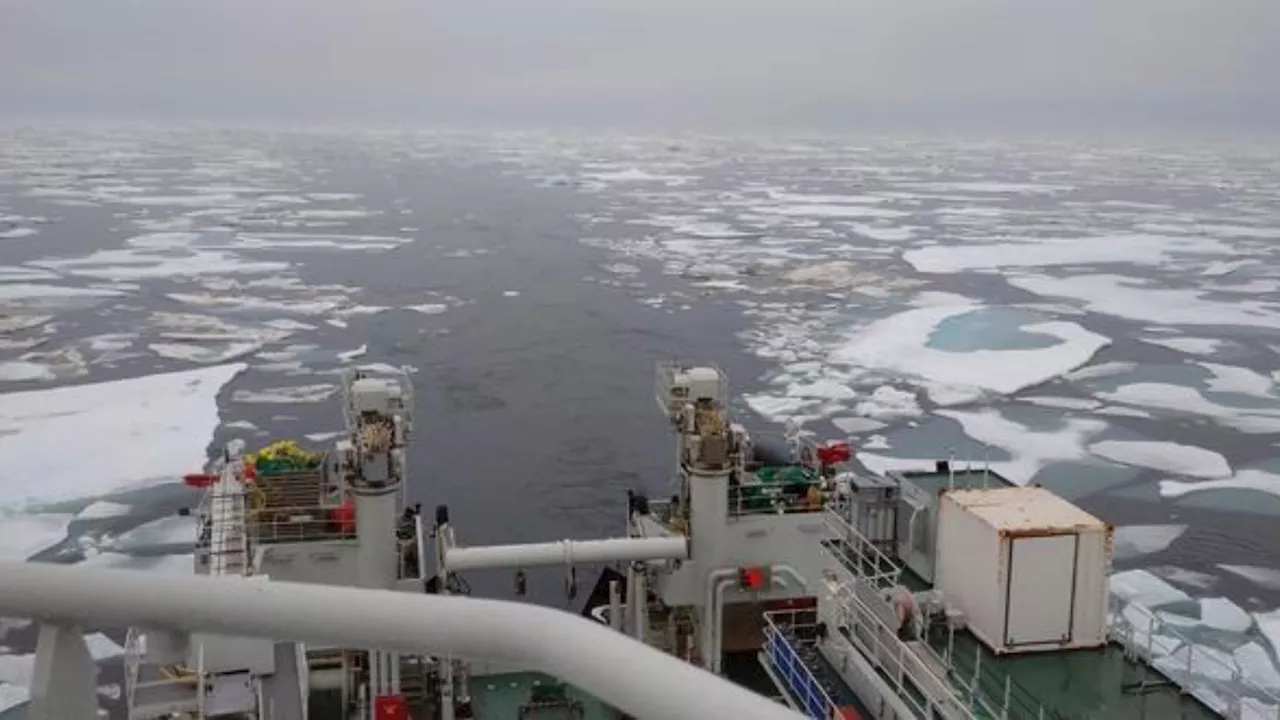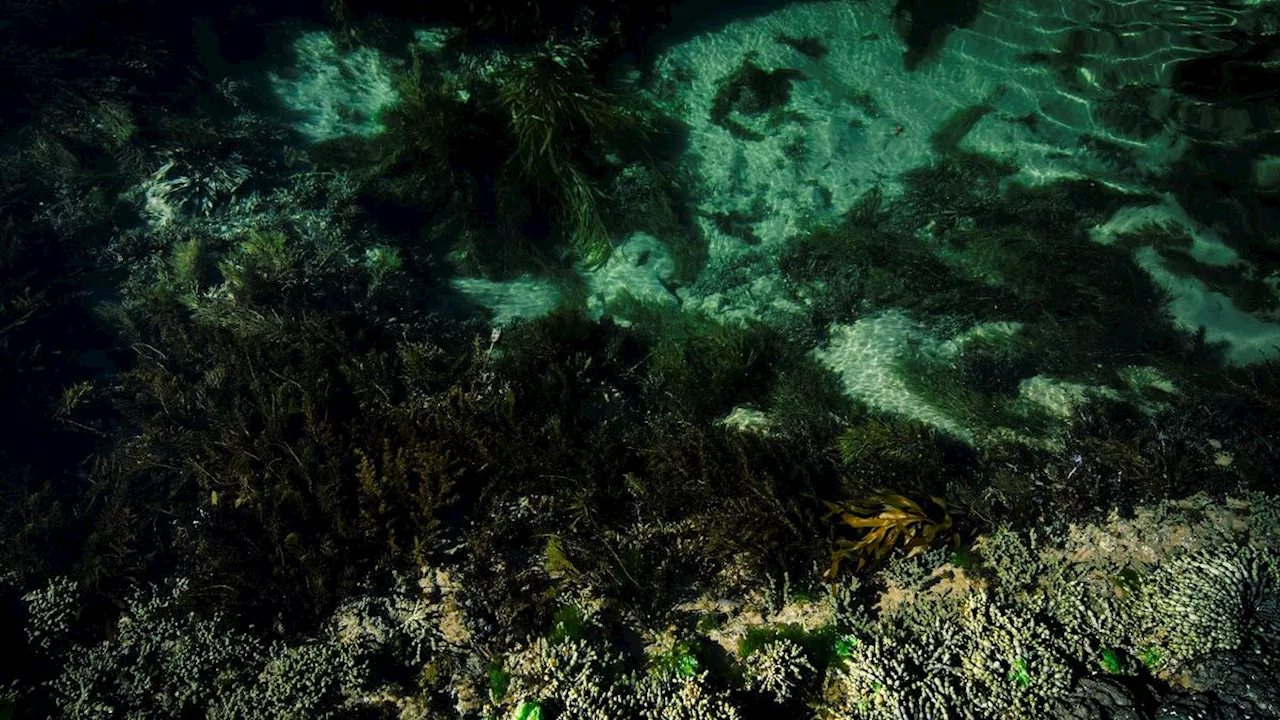Sven Batke's work focuses on how future predicted changes in climate will affect plant-atmospheric water feedbacks.
Plants can grow with much less light than previously thought, according to a new study on tiny water-based organisms called microalgae that has been published in Nature Communications. The German-led team of researchers lowered light sensors into Arctic water to a depth of 164 feet to test how low light levels must become before plant life ceases to exist, with incredible results.
Now that we know how little light is required for photosynthesis, scientists could develop crops that require much less light to thrive in such places by learning from these Arctic microalgae. By unlocking their genetic potential, many crops could benefit by using plant breeding or biotech approaches to alter them accordingly.
By submitting your information you agree to the Terms & Conditions and Privacy Policy and are aged 16 or over.Related: Near-indestructible moss can survive gamma rays and liquid nitrogen 3. Space farmingPerhaps one of the most exciting prospects of this research is that it could potentially make it easier to grow plants in space. One of the main challenges for space missions to the Moon, Mars or eventually beyond, is how to feed anyone trying to live in those worlds for any length of time. Sunlight can be limited, so we'll need highly efficient ways of producing food that don't use much energy.
United States Latest News, United States Headlines
Similar News:You can also read news stories similar to this one that we have collected from other news sources.
 Study reveals crucial role of mixing Atlantic and Arctic waters in global ocean circulationA new study sheds light on the vital role that the mixing of Atlantic and Arctic waters plays in sustaining the Atlantic Meridional Overturning Circulation (AMOC), which is crucial for regulating Earth's climate.
Study reveals crucial role of mixing Atlantic and Arctic waters in global ocean circulationA new study sheds light on the vital role that the mixing of Atlantic and Arctic waters plays in sustaining the Atlantic Meridional Overturning Circulation (AMOC), which is crucial for regulating Earth's climate.
Read more »
 Study reveals crucial role of mixing Atlantic and Arctic waters in global ocean circulationA new study sheds light on the vital role that the mixing of Atlantic and Arctic waters plays in sustaining the Atlantic Meridional Overturning Circulation (AMOC), which is crucial for regulating Earth's climate.
Study reveals crucial role of mixing Atlantic and Arctic waters in global ocean circulationA new study sheds light on the vital role that the mixing of Atlantic and Arctic waters plays in sustaining the Atlantic Meridional Overturning Circulation (AMOC), which is crucial for regulating Earth's climate.
Read more »
 Promising antibiotic candidates discovered in microbes deep in the Arctic SeaAntibiotics are the linchpin of modern medicine: without them, anyone with open wounds or needing to undergo surgery would be at constant risk of dangerous infections.
Promising antibiotic candidates discovered in microbes deep in the Arctic SeaAntibiotics are the linchpin of modern medicine: without them, anyone with open wounds or needing to undergo surgery would be at constant risk of dangerous infections.
Read more »
 Arctic expedition uncovers deep-sea microbes that may harbor the next generation of antibioticsEmily is a health news writer based in London, United Kingdom. She holds a bachelor's degree in biology from Durham University and a master's degree in clinical and therapeutic neuroscience from Oxford University. She has worked in science communication, medical writing and as a local news reporter while undertaking journalism training.
Arctic expedition uncovers deep-sea microbes that may harbor the next generation of antibioticsEmily is a health news writer based in London, United Kingdom. She holds a bachelor's degree in biology from Durham University and a master's degree in clinical and therapeutic neuroscience from Oxford University. She has worked in science communication, medical writing and as a local news reporter while undertaking journalism training.
Read more »
 Powerful antibiotics found in deep Arctic waters to tackle resistant bacteriaThey came across a natural compound that can inhibit the virulence of a dangerous strain of E. coli bacteria.
Powerful antibiotics found in deep Arctic waters to tackle resistant bacteriaThey came across a natural compound that can inhibit the virulence of a dangerous strain of E. coli bacteria.
Read more »
 Two Tesla Cybertrucks Drove 11,000 Miles From Florida To Arctic Ocean And BackTwo Tesla Cybertrucks drove 11,000 miles from Florida to the Arctic Ocean and back. No generators were used in the trek.
Two Tesla Cybertrucks Drove 11,000 Miles From Florida To Arctic Ocean And BackTwo Tesla Cybertrucks drove 11,000 miles from Florida to the Arctic Ocean and back. No generators were used in the trek.
Read more »
